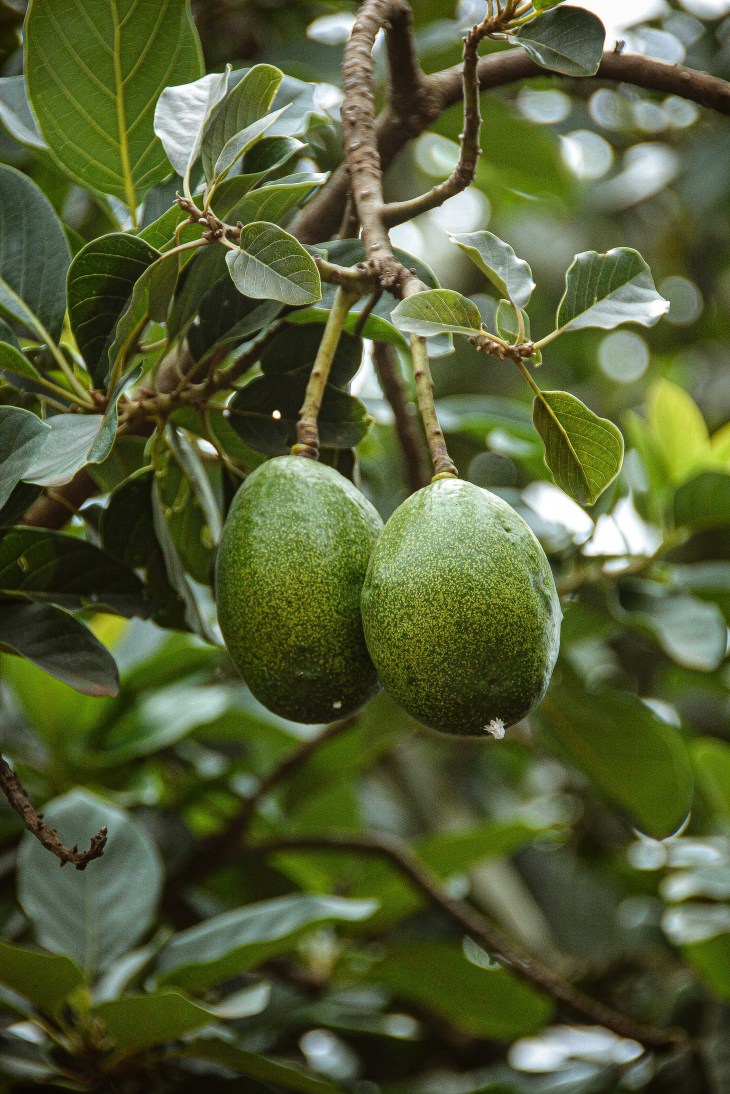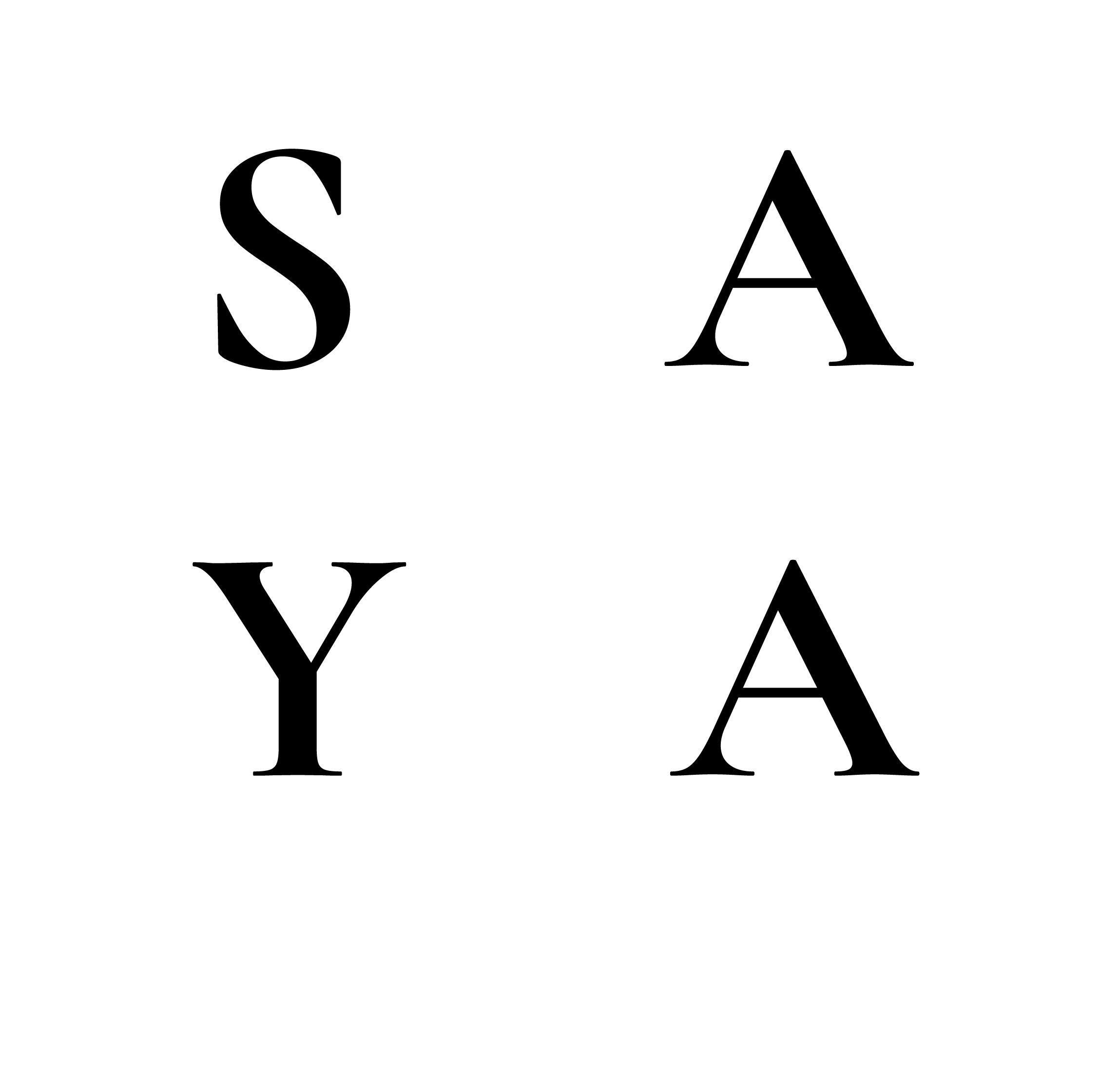Beneficial Natural Foods and Nutrients - “When you’re healthy on the inside, it shines on the outside”

To supplement or not to supplement?
Whole foods over supplements is my take on things. Cavemen didn’t have access to special ‘gummies’ and fancy supplements and did you ever hear them complaining about the condition of their hair? No.
Healthy diet = healthy body = healthy mind = healthy hair
Essential Nutrients
Protein - protein protein protein! What is hair? Protein (keratin). The general rule of thumb is to have 0.8 grams of protein per kg of body weight per day; this will vary depending on your activity levels, your body composition, pregnancy and lactation, amongst other things. Generally speaking, if you’re eating the right amount of calories for you and eat fairly healthily, you should be getting enough protein and probably don’t need extra protein from shakes, unless of course you’re a body builder.
Omega-3s – these are essential for healthy hair and can reduce inflammation at the hair follicle leading to less damage and hair loss. Shiny, strong and thick hair could all be down to some little fishies and chia seeds. Try to include some omega 3s in your diet every day and see if you notice a difference. Include fatty fish in your diet twice a week (the smaller the fish the better e.g. mackerel, sardines, anchovies - they tend to be more nutritious for us and put less strain on the environment too). Adding walnuts, chia and flax seeds to your morning breakfast or snacks is another simple way to boost your daily omega 3 intake.
Vitamin E - this is a really powerful antioxidant. It helps to mop up baddies floating around your body and helps manage inflammation at the hair follicle leading to healthier locks and prevention of premature ageing. Some might say it's the scalp’s best friend! Vitamin E can be found in everybody’s favourite - avocado, as well as nuts and seeds, leafy greens and cruciferous veg such as broccoli.
Vitamin A - not only will eating all the carrots help you see in the dark and give you a Sunny D tan, it will also help your hair stay strong and healthy. This is because it can help with the production of sebum which will keep our hair moisturised and glossy. We’ve all heard of using retinol topically for our skin, this is just a form of vitamin A, so why not eat it too? Rabbits always have soft hair, am I right? Carrots are not the only source of vitamin A - try some spinach, sweet potato, black beans, broccoli or some liver if you’re feeling groovy.
Vitamin C - this is another powerful antioxidant. An antioxidant’s role in the body is to go around and find any naughty criminals that cause damage and then engulf them. It is therefore essential to get plenty of vitamin C from foods such as kiwi, citrus fruits, berries, herbs and green leafy vegetables, to protect against damage of the follicle which could lead to hair loss and breakage. Vitamin C also promotes collagen production and we all know this is good for skin and hair. Vitamin C is also important for absorbing iron which by reading on, you’ll find is also super important for the health of your hair.
Vitamin D - studies suggest that low vitamin D levels could be linked with greater hair loss. Women with Polycystic Ovarian Syndrome (PCOS) are also often deficient in Vitamin D and as hair loss is a common symptom of PCOS, increasing vitamin D levels could reduce the incidence of hair loss in these women. Things to do to increase vitamin D? Go outside in the summer and get naked; store mushrooms upside down on your window sill before eating as this helps them to absorb vitamin D from sunlight and eat some oily fish. In our bleak winter months that might all be a bit too challenging and a good vitamin D supplement can really help.
Iron - a sign of iron deficiency may be weak, brittle, dry and thinning hair. This is due to the affect this has on the follicle not being able to function properly. Go get yourself some black pudding and you’ll be just fine. Iron deficiency anaemia could lead to hair loss as stated in some studies. Iron is very easily accessible in our diets and supplementation could lead to toxicity so it is not recommended unless a health professional specifically prescribes it to you (especially if you’re a man without menstruation, as you have no way or getting rid of excess iron stores). If you’re a menstruating woman, the likelihood of a minor iron deficiency is quite common. I like to eat 1 or 2 good handfuls of spinach everyday or other dark leafy greens, lots of beans and pulses, nuts and seeds and occasionally a spot of red meat.
Zinc - to make the boys wink. Studies suggest that a zinc deficiency, could lead to hair loss in some individuals and taking a zinc supplement could reduce these effects. Zinc is another supplement you should be careful not to overdo because not only can it negatively affect health, it could in fact lead to further hair loss. Taking zinc through food sources would be a much safer option. Foods such as pumpkin seeds, lentils, spinach (again) and oysters (oi oi) and some meats, are great sources of zinc and could lead to healthier hair and skin.
All of the above are found in foods we should be eating every day, so a good old healthy diet with enough vegetables, protein and healthy fats will provide us with all of the essential nutrients we need for healthy, beautiful, shiny, thick hair. But nobody is the same and we all have different requirements and needs, eating a sardine might work for me whereas for you it could be meditation. Stress can have a major effect on hair growth and health, and at times like this, no amount of kale and pumpkin seeds will get you Rapunzel’s somewhat unrealistic hair.
Article Written by Alex Capadose - RGN & Nutritional Therapist in training | @alexcapadosenutrition
References
Omega 3
Vitamin E
Vitamin A
Vitamin C
- https://pubmed.ncbi.nlm.nih.gov/28805671
- https://pubmed.ncbi.nlm.nih.gov/20805969
- https://pubmed.ncbi.nlm.nih.gov/2507689
Vitamin D
- https://www.ncbi.nlm.nih.gov/pmc/articles/PMC5387874
- Szymczak-Pajor, I. Sliwinska, A. (2019). Analysis of Association between Vitamin D Deficiency and Insulin Resistance’. NCBI. Apr 11(4):794. [online] Available at: https://www.ncbi.nlm.nih.gov/pmc/articles/PMC6520736 (Accessed on: 23 May 2020)
- https://pubmed.ncbi.nlm.nih.gov/23428658








